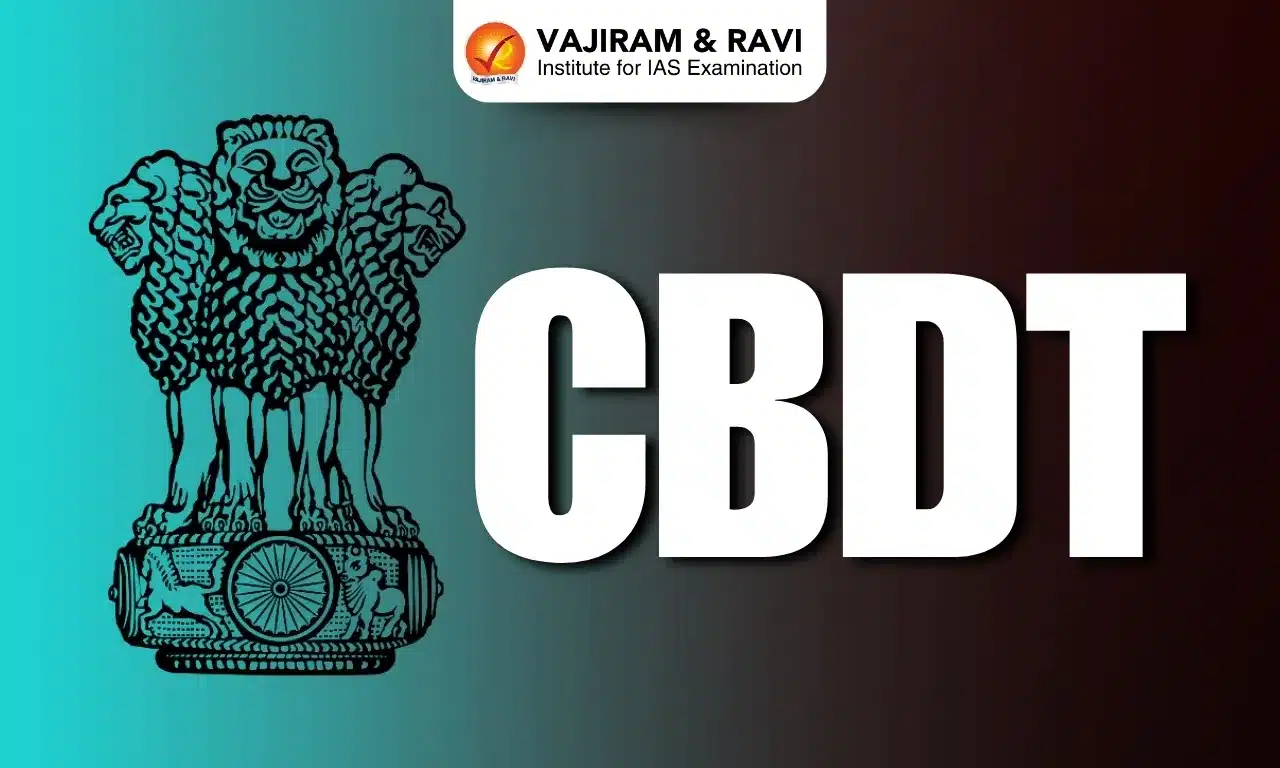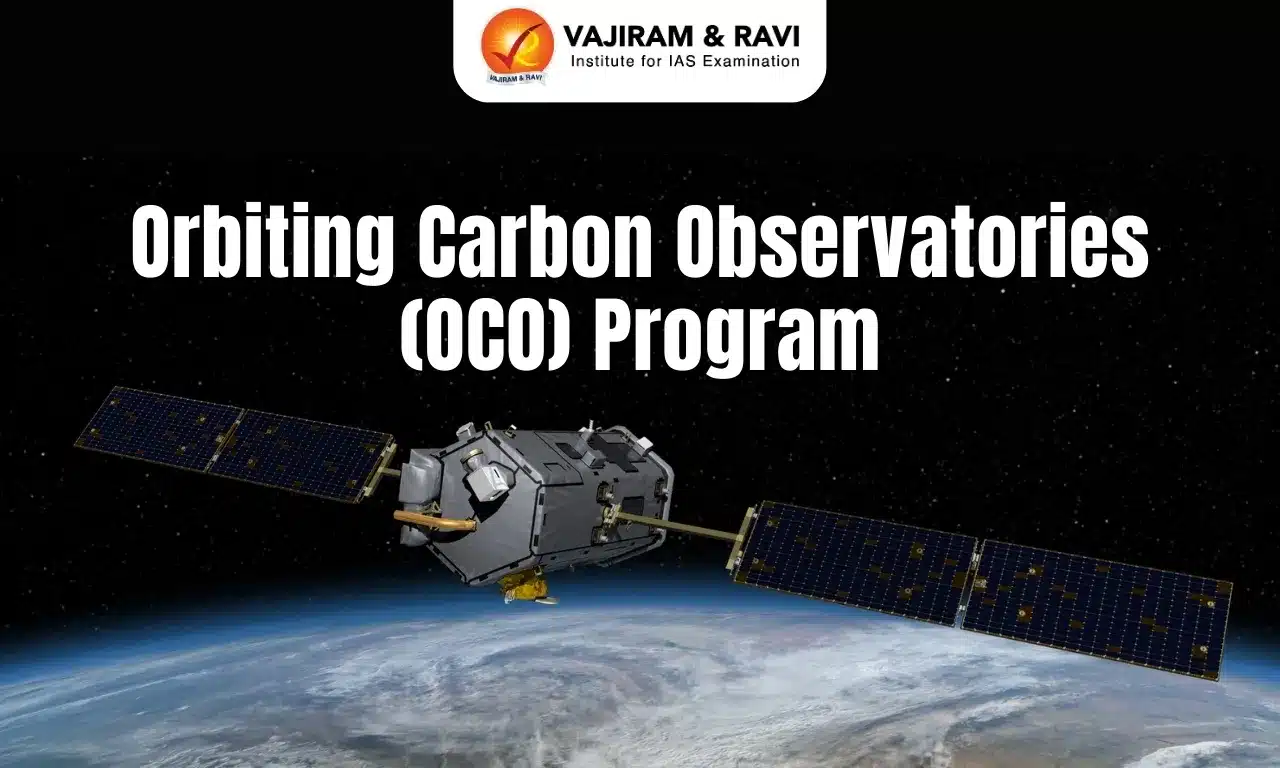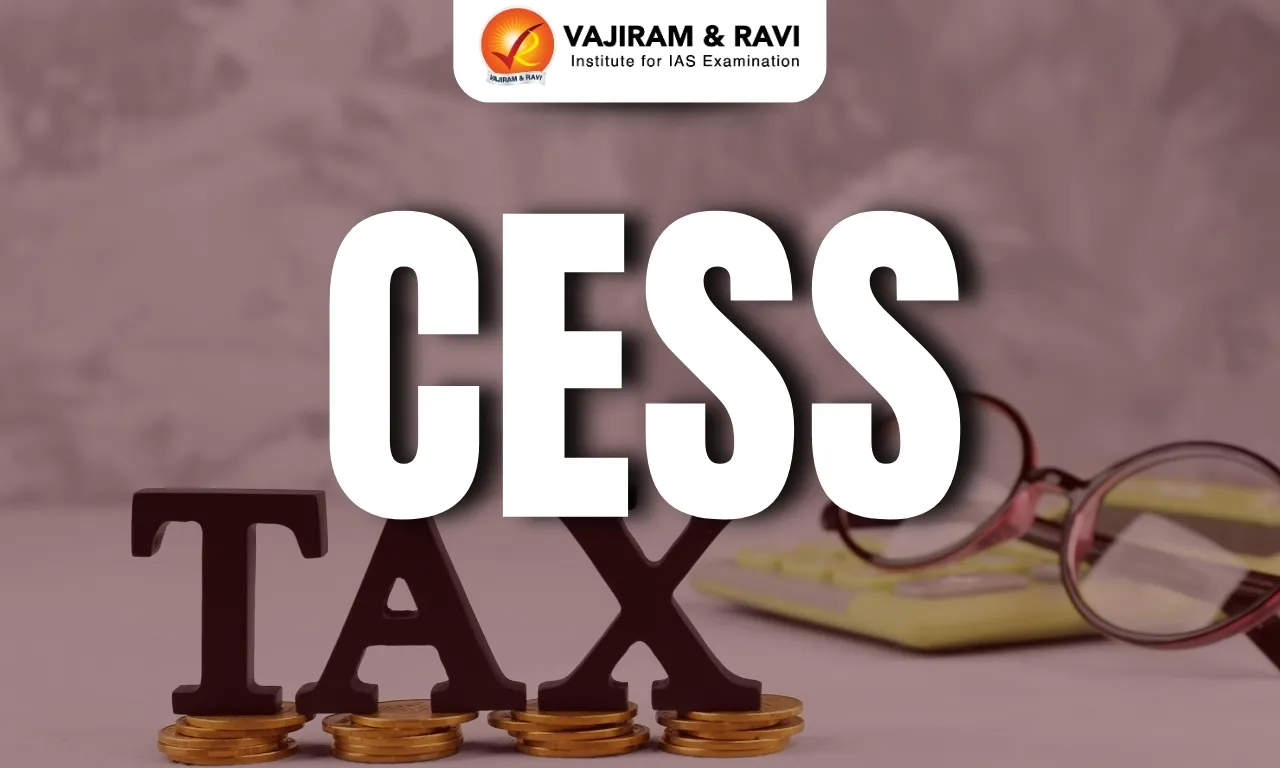Central Board of Direct Taxes Latest News
The Central Board of Direct Taxes (CBDT) aims to step up its crackdown on evasion through the greater use of data analytics and artificial intelligence (AI) to identify discrepancies in the reporting of income.
About Central Board of Direct Taxes
- It is a statutory authority constituted under the Central Board of Revenue Act, 1963.
- It is a part of the Department of Revenue in the Ministry of Finance.
Central Board of Direct Taxes Functions
- Its functions include formulation of policies, dealing with matters relating to levy and collection of direct taxes, and supervision of the functioning of the entire Income Tax Department.
- CBDT also proposes legislative changes in direct tax enactments and changes in rates and structure of taxation in tune with the policies of the Government.
Central Board of Direct Taxes Historical Background
- In 1924, a Board of Revenue was set up to make tax collection more efficient in British India.
- Initially, the Board was in charge of both direct and indirect taxes.
- However, when the administration of taxes became too unwieldy for one Board to handle, the Board was split up into two, namely the Central Board of Direct Taxes and Central Board of Excise and Customs, with effect from 1.1.1964
- This division was formalized through the constitution of the two Boards under Section 3 of the Central Board of Revenue Act, 1963.
Central Board of Direct Taxes Structure
- The CBDT is headed by a Chairman and also comprises six members, all of whom are ex-officio Special Secretary to the Government of India.
- Member (Income Tax)
- Member (Legislation and Computerization)
- Member (Revenue)
- Member (Personnel & Vigilance)
- Member (Investigation)
- Member (Audit & Judicial)
- The Chairman is the co-ordinating head, and each of the members has been assigned a specialized function.
- The Chairman and Members of CBDT are selected from Indian Revenue Service (IRS).
Source: ET
Last updated on August, 2025
→ UPSC Mains Admit Card 2025 will be released soon at www.upsc.gov.in.
→ UPSC Mains 2025 will be conducted on 22nd August 2025.
→ UPSC Notification 2025 was released on 22nd January 2025.
→ UPSC Calendar 2026 is released on 15th May, 2025.
→ UPSC Prelims Question Paper 2025 and Unofficial Prelims Answer Key 2025 are available now.
→ UPSC Prelims Result 2025 is out now for the CSE held on 25 May 2025.
→ The UPSC Vacancy 2025 were released 1129, out of which 979 were for UPSC CSE and remaining 150 are for UPSC IFoS.
→ UPSC Prelims 2026 will be conducted on 24th May, 2026 & UPSC Mains 2026 will be conducted on 21st August 2026.
→ The UPSC Selection Process is of 3 stages-Prelims, Mains and Interview.
→ UPSC Result 2024 is released with latest UPSC Marksheet 2024. Check Now!
→ UPSC Toppers List 2024 is released now. Shakti Dubey is UPSC AIR 1 2024 Topper.
→ Also check Best IAS Coaching in Delhi
Central Board of Direct Taxes FAQs
Q1. The Central Board of Direct Taxes (CBDT) was constituted under which Act?+
Q2. CBDT is a part of which department?+
Q3. The Chairman and Members of CBDT are selected from which service?+
Tags: central board of direct taxes Prelims Pointers upsc current affairs upsc prelims current affairs















